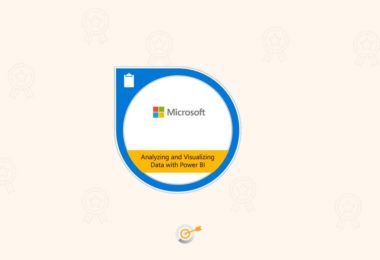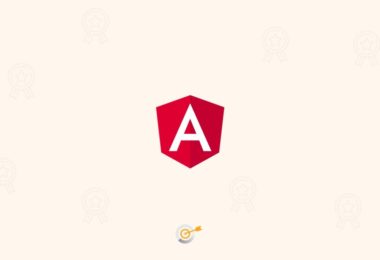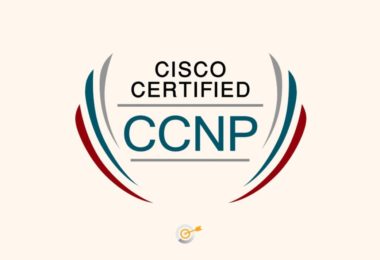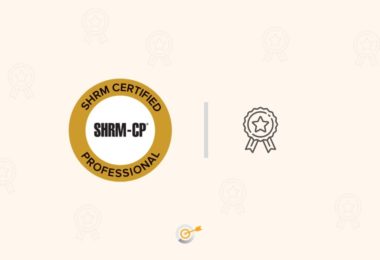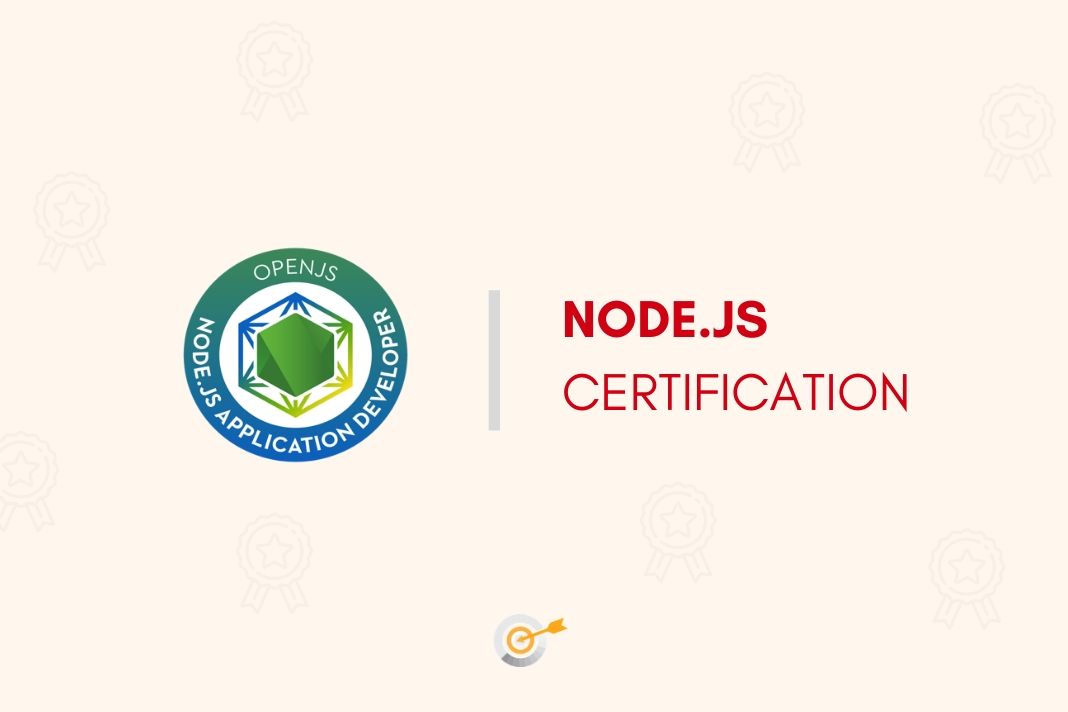
Overview of Node JS Certification
Node JS within the JavaScript is an open-source framework that is capable of running on multiple computing platforms that can run JavaScript in a run-time environment, capable of executing portions of the execution model, which defines the behaviour of various elements within the program which can effectively help in understanding the behavioral patterns of the entire program itself. Node JS employs command line tools in addition to using scripts on the server end so that the queries raised from the end-user are fetched from the backend itself
This Node JS certification course has been designed to help developers understand and build web applications with the help of JavaScript. The Node.js training focuses on various important concepts of Node.js and provides hands-on experience in building an HTTP server with Node.js, working with the file system, buffers, stream, events, and multi-processing in Node.js. The training covers Express.js, which is a powerful and flexible web application framework that provides a robust set of features for web and mobile applications.
Recommended Articles ;
How to Get an Oracle Certified Associate Java SE 11 Programmer I (OCAJP)
8+ Websites to Learn Coding for Free
Objectives of the Course
This Node JS Certification Training will enable you to:
- Understand the Node.js framework
- Work with Node Projects
- Work with shrink-wrap to lock the node module versions
- Learn asynchronous programming
- Build HTTP Server with Node.js using HTTP APIs
- Understand file systems in Node.js
- Understand Buffers, Streams, and Events
- Comprehend multi-processing in Node.js
- Master Express.js
- Learn how Express.js connects with MongoDB and SQLite
- Build chat application using Socket.io
- Work with Gulp and Grunt
- Understand unit and End to End (e2e) testing
Who is This Course for?
This Node JS Certification Training is ideal for:
- Aspirants and students who wish to learn web development
- Technical Project Managers and Technical Leads
- Full Stack Web Developers
- QAs, Architects
Open JS Foundation is generally considered one of the best certifying bodies for all Node JS certifications. It offers two certifications
- OpenJS Node.js Application Developer (JSNAD)
- OpenJS Node.js Services Developer (JSNSD)
JSNAD:
The OpenJS Node.js Application Developer certification is ideal for the Node.js developer with at least two years of experience working with Node.js. The domain competencies include
- Buffer and Streams – 11%
- Control flow – 12%
- Child Processes – 8%
- Diagnostics – 6%
- Error Handling – 8%
- Node.js CLI – 4%
- Events – 11%
- File System – 8%
- JavaScript Prerequisites – 7%
- Module system – 7%
- Process/Operating System – 6%
- Package.json – 6%
- Unit Testing – 6%
This exam is an online, proctored, performance-based test that requires implementing multiple solutions within a Remote Desktop Linux environment. Visual Studio Code, Vim and Webstorm (kindly sponsored by JetBrains) are included as editors in this environment. The exam includes tasks simulating on-the-job scenarios, and Candidates have 2 hours to complete the tasks.
JSNSD:
The OpenJS Node.js Services Developer certification is for the Node.js developer with at least two years of experience creating RESTful servers and services with Node.js. The open Node.js Services Developer certification is designed for anyone looking to demonstrate competence in creating RESTful Node.js Servers and Services (or Microservices) with a particular emphasis on security practices. The domain competencies include
- Servers and Services – 70%
- Security – 30%
This exam is an online, proctored, performance-based test that requires implementing multiple solutions within a Remote Desktop Linux environment. Visual Studio Code, Vim and Webstorm (kindly sponsored by JetBrains) are included as editors in this environment. The exam includes tasks simulating on-the-job scenarios, and Candidates have 2 hours to complete the tasks.
Salary for Node JS Certified Professionals
JS salary in the US ranges from $48,000 to $130,000, with an average of $86,948 (at the time of the publication). At the same time, the median hourly rate is $26.75. The average Node. js developer salary seen on Glassdoor, though, is higher: $103,035 per year.
The rise doesn’t stop here: ZipRecruiter reports even higher salaries, with the average annual pay for Node.js developers hitting $118,042 a year. There are different factors that affect average salaries, including the source itself, the experience of the candidates, as well as specific job requirements and location. Similar data can be found on Neuvoo. According to the platform, the average salary in the US amounts to $112,500 per year. The majority of professional Node.js developers, though, have 3 to 9 years of professional experience.(1)
Popular additional skills
- Understanding the fundamental design principles behind scalable applications
- Hands-on experience working on Node.js development tools like npm (Node Package Manager) and Grunt
- User authentication and authorization among multiple systems, servers, and environments
Useful additional skills
- Familiarity with agile and lean methodologies
- Strong problem-solving and troubleshooting skills
- Attention to detail
- Project management experience
Node.js is a well-developed resource with an active community around it. That’s hardly surprising, given that there are more and more developers who have started using it for their own purposes. As demand grows, though, it will get more difficult to hire top Node.js developers.
Where to Get Online Resources for the Certification
There are several training providers for this certification. While Open JS is considered industry-leading, it is by no means industry standard certifying body. There are a lot of providers who offer their own exams for the certification. The efficacy and the validity of those certifications depends on how acknowledged those certifications are in the industry.
That way, a lot of providers offer the training, resources, practice exams, or other guides for the exam. Most providers that offer these resources will also offer the examination for the certification. So, when choosing a training provider, you need to keep in mind the syllabus that they offer and how well-suited it is for your job role or for your academic and professional interests. Some training providers include
- Plural Sight
- LinkedIn Learning
- Global Knowledge
- Open JS Foundation
- Simpli Learn
- Udemy
- Edureka
- Hey Node

